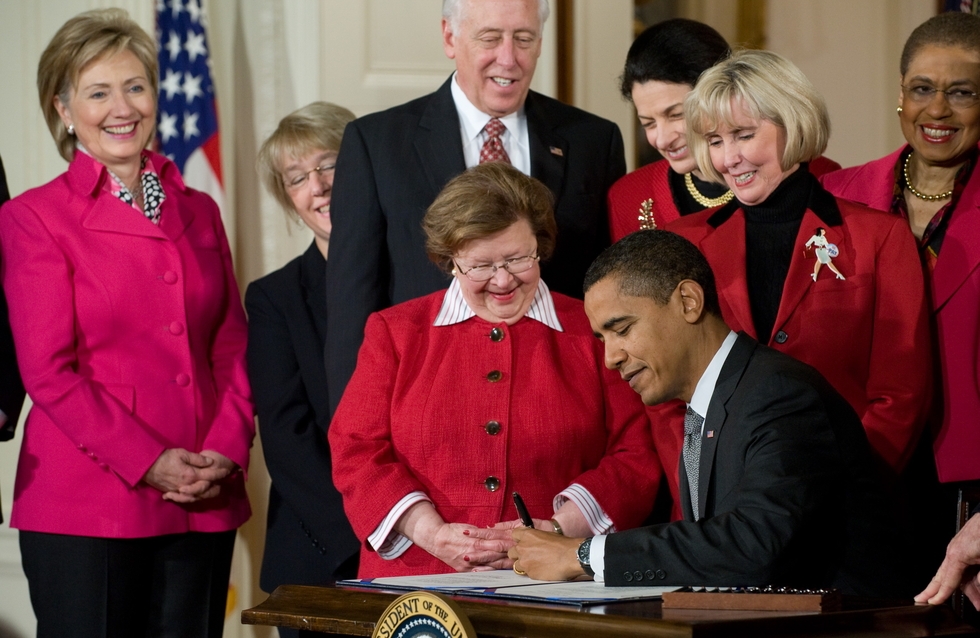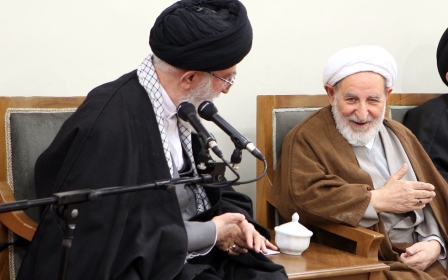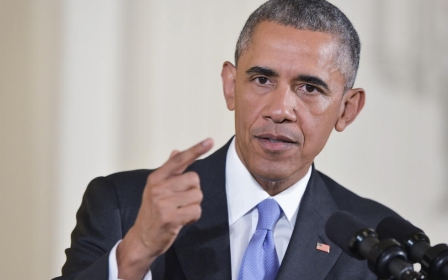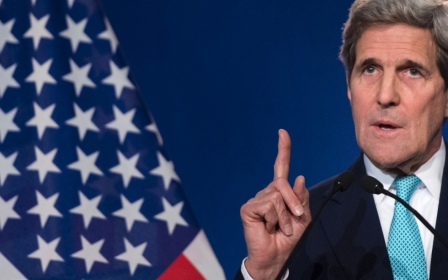Obama wins enough Senate support for Iran deal

US President Barack Obama on Wednesday earned sufficient congressional backing to ensure the Iran nuclear deal does not get blocked, when a 34th senator announced her support for the accord.
Most US lawmakers are opposed to the deal, which would ease punishing economic sanctions on Tehran while preventing it from advancing its nuclear programme. Many Republicans warn that the Islamic Republic will seek to cheat its way to an atomic bomb.
Should Congress pass a resolution that disapproves of the deal, Obama would veto it. Overcoming the veto would require a two-thirds vote in the Senate and House of Representatives.
With veteran Senate Democrat Barbara Mikulski announcing her support Wednesday, the deal now has 34 backers in the Senate - the number needed to uphold Obama's veto.
While the deal is not perfect, Mikulski said, "I have concluded that this Joint Comprehensive Plan of Action is the best option available to block Iran from having a nuclear bomb."
She added that while she will vote for the deal, "Congress must also reaffirm our commitment to the safety and security of Israel."
Republicans are unified in their opposition to the Iran accord, warning that the easing of sanctions will provide Iran with a windfall of up to $150bn, which they say could be funnelled toward terrorist operations or actions against US ally Israel.
Democrats "own it," number two Senate Republican John Cornyn posted on Twitter. "Iran deal done. With Mikulski, Obama has all the votes he needs."
Kerry makes the case
Secretary of State John Kerry, in Philadelphia to deliver a major speech on the Iran deal, said the Islamic Republic will be required to live up to the agreement in full, including taking steps to expand its weapons breakout time, before it starts to benefit from sanctions relief.
"Without this agreement, Iran's so-called breakout time was about two months. With this agreement it will increase by a factor of six, to at least a year, and will remain at that level for a decade or more," Kerry said.
Two top Democratic senators - Chuck Schumer and Robert Menendez - are opposed to the deal, as are a handful of House Democrats, including Steve Israel, the chamber's highest-ranking Jewish member.
Congress is set to vote later this month on the accord, which was reached in July between Tehran and six world powers - Britain, China, France, Germany, Russia and the United States.
The White House is now eyeing another key threshold in the Senate. Should 41 senators back Obama, they could filibuster, meaning Republicans would not have the 60 votes needed to advance the resolution of disapproval.
That would save Obama the embarrassing step of cobbling together a minority coalition for a veto to preserve his landmark agreement, a process that would sow doubts among an already skeptical American public and Washington's international partners, which are keen to see strong US commitment to the accord.
Among Democrats in support, many have expressed deep concern about Iran's adherence to the accord, and stressed it is the lesser of several evils.
"The alternative, to me, is a scenario of uncertainty and isolation," Senator Chris Coons said Tuesday as he announced support for the accord.
Republican candidates in the 2016 presidential race have slammed the Iran deal as a concession to an odious regime.
"When I'm president, we won't just reverse President Obama's dangerous Iran deal. We will increase sanctions on Iran," Senator Marco Rubio said.
New MEE newsletter: Jerusalem Dispatch
Sign up to get the latest insights and analysis on Israel-Palestine, alongside Turkey Unpacked and other MEE newsletters
Middle East Eye delivers independent and unrivalled coverage and analysis of the Middle East, North Africa and beyond. To learn more about republishing this content and the associated fees, please fill out this form. More about MEE can be found here.




